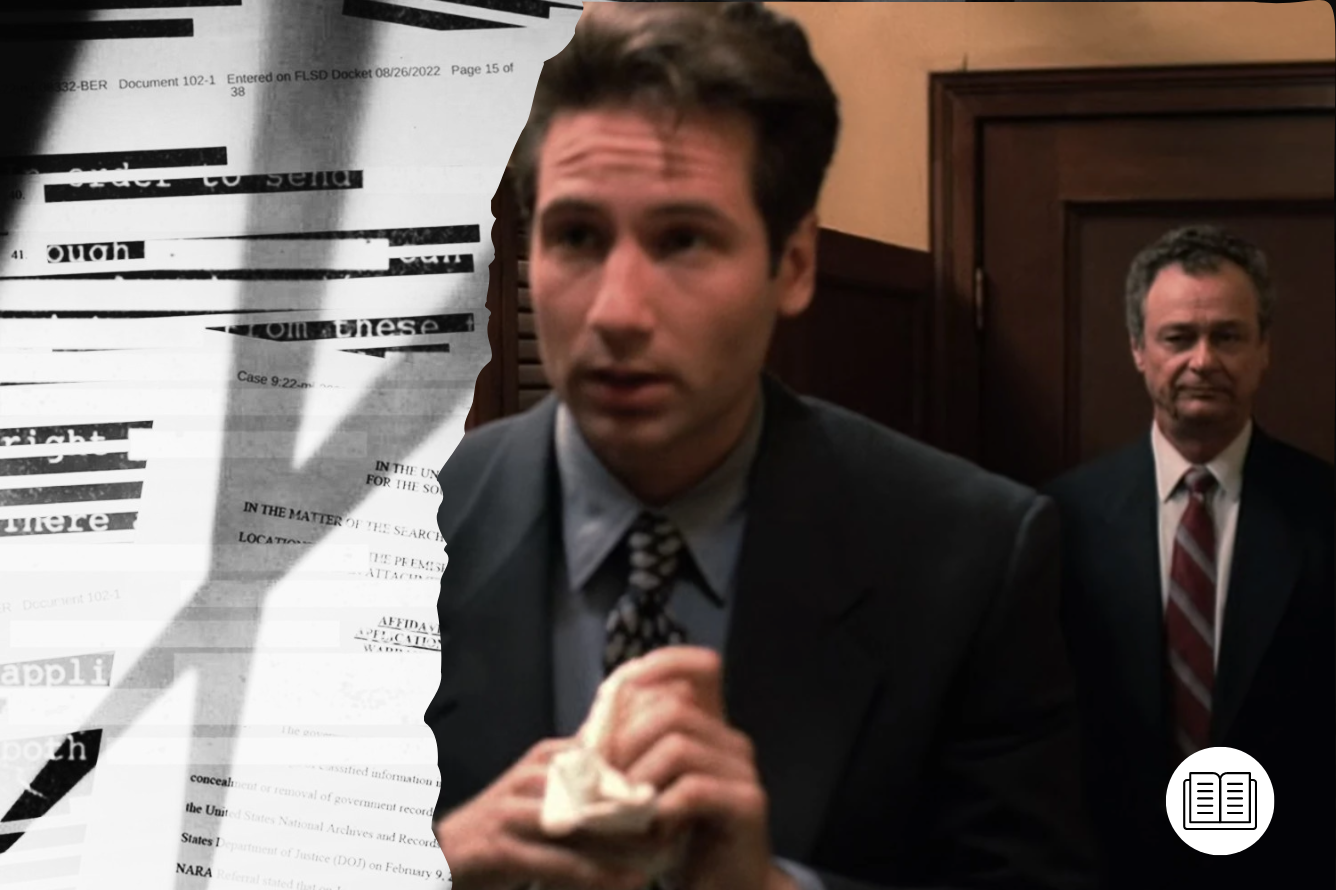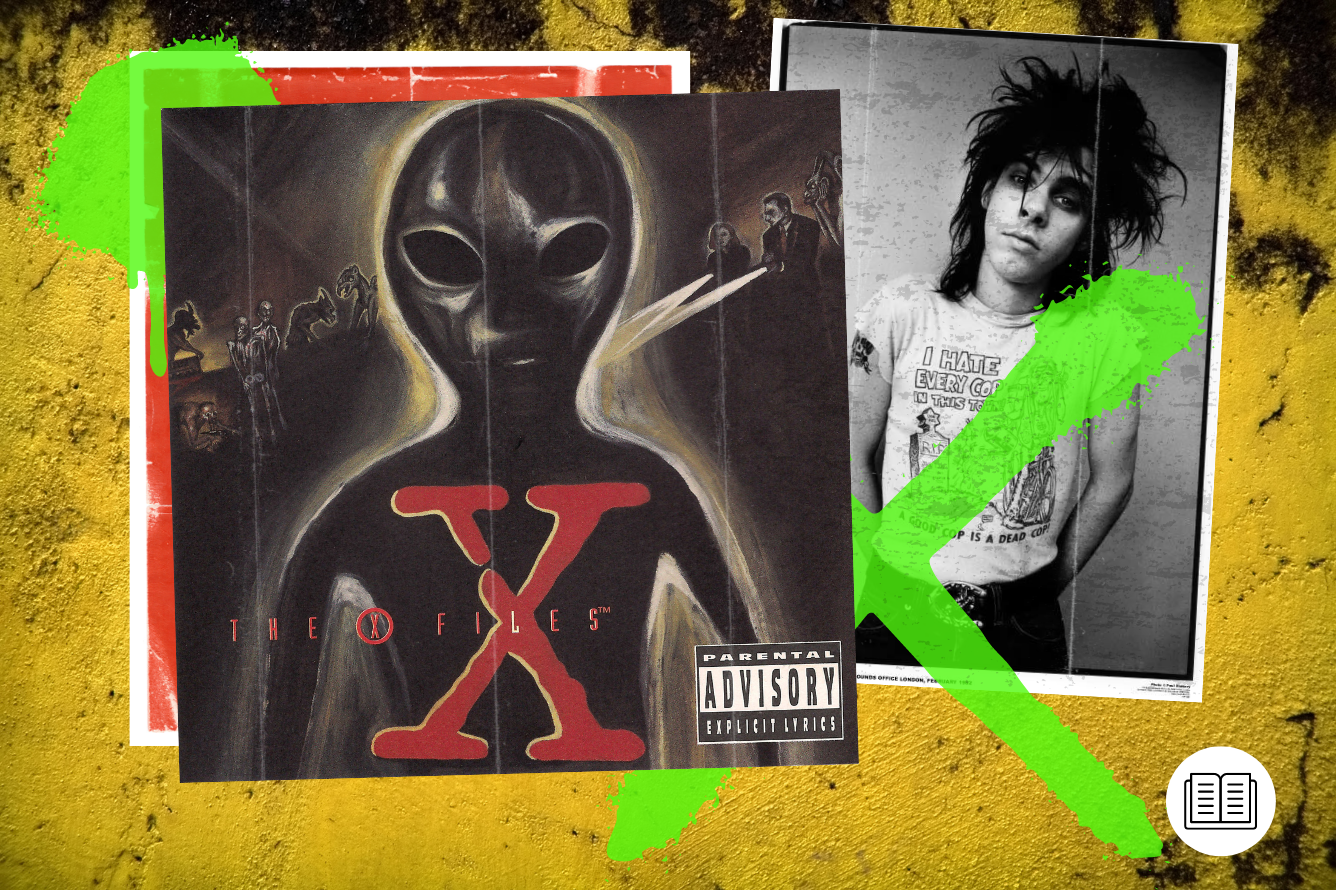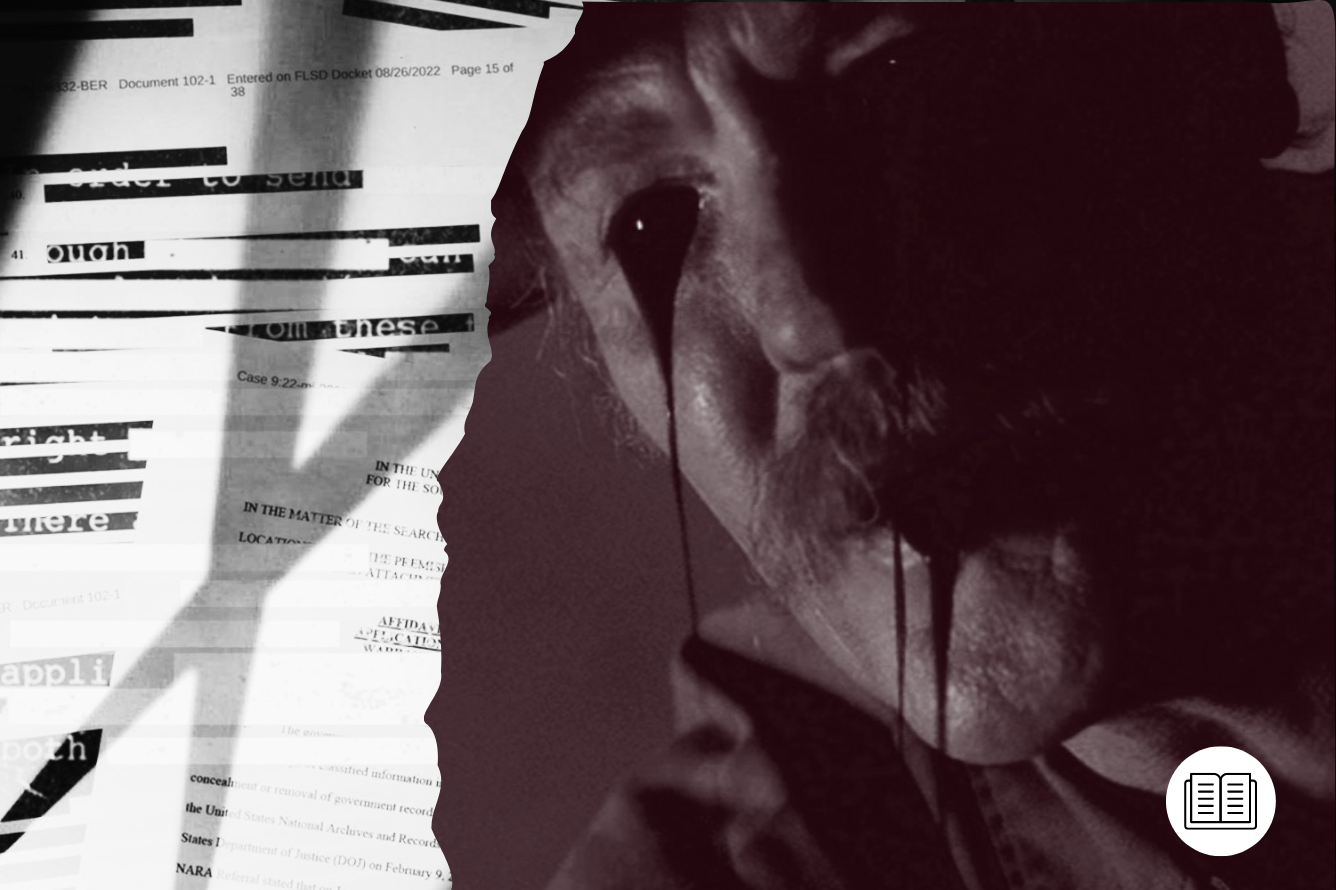The X-Files would not exist without Watergate.
Still perhaps considered the greatest political scandal in American history, on August 9th, 1974, Richard Nixon was forced to, in an unprecedented step, resign from his role as the 37th President of the United States after journalists Bob Woodward and Carl Bernstein via the Washington Post exposed Nixon’s role in covering up the robbery of the Democratic National Committee headquarters that took place in June 1972 at the Watergate office building in Washington D.C.
It became known as the Watergate scandal and fuelled, alongside revelations preceding it from the so-called Pentagon Papers that exposed secret American operations during the ongoing war in Vietnam, and how the Johnson Administration had lied to the American people, a deep societal distrust toward the White House and the government.

Chris Carter, the creative mind behind The X-Files, was a teenager during these seminal events in American society, a young man who would soon become enraptured by the horror and dread in Jeff Rice’s short-lived series Kolchak: The Night Stalker and, alongside Watergate, would following a successful journalism career in the 1980s and eventual move into writing for television, combine these fascinations in creating a series that defined the resurgent interest in arcane American mythology and conspiracy theory which had marked the post-war landscape. The B-movie thrills of flying saucers and alien invaders of the 1950s gave way to the colorful, kitsch imaginings of the 1960s, which themselves helped birth a darker, murkier, and altogether less hopeful cultural American experience during a 1970s mired in decline.
The Man in the Mirror: The X-Files episode ‘Deep Throat’
In only the second episode after ‘Pilot’ introducing his intrepid FBI agents, believer Fox Mulder (David Duchovny) and scientific skeptic Dana Scully (Gillian Anderson), Carter brought to bear his longstanding interest in Watergate, and the shadow of conspiracy that went all the way to the top, with The X-Files episode ‘Deep Throat’ (S1, Ep2). If the ‘Pilot’ established the series’ interest in extraterrestrials, ‘Deep Throat’ introduces the idea that not only does the government know about such terrifying paranormal phenomena, but as the Pentagon Papers revealed they had hidden truths about Vietnam, in the world of The X-Files, they are hiding knowledge of alien life from the American people.
As Mulder and Scully investigate the disappearance of Air Force test pilots, who subsequently return with strange burns, and begin to expose a cover-up of classified and possibly extraterrestrial government technology, the character whom the episode is named after introduces himself to Mulder, innocuously, in the stall of a Washington bathroom. Played by Jerry Hardin, whom Carter had seen in Sydney Pollack’s Tom Cruise vehicle The Firm (1993), an experienced actor with decades of television and film behind him, he is a shadowy, aged, nameless figure in a suit who Mulder later christens Deep Throat. He tells Mulder to stop investigating the case, warning him of the military and suggesting he has been monitoring his work. His presentation is so casual, so swift, he disarms you.

The climax of the episode, after Mulder undergoes memory erasure by sinister military forces looking to cover up the existence of what is clearly an Unidentified Flying Object, sees Deep Throat reappear and establish a tether to our hero that exists across the first season of The X-Files and, in varying ways, much further beyond. “I can provide you with information, but only so long as it’s in my best interest to do so.” Deep Throat tells him, claiming to want what Mulder does. The truth. This is despite Deep Throat’s own admission that he exists somewhere in a government hierarchy where he is privy to information that goes way beyond top secret. He hints at the presence of alien life on earth for a long time. He presents himself as a clear storytelling and mythological archetype – the benevolent mentor aiding the hero on his quest.
The Original Deep Throat in Watergate
Why, though, Deep Throat? Not, surely, a reference to the infamous 1972 pornographic movie of the same name? Alas, no. Rather, Carter appropriated the name from the source who helped break the original scandal that so influenced The X-Files: Watergate. When alerted to the possibility of a criminal conspiracy at the highest level, Woodward and Bernstein cultivated a source who became known as ‘Deep Throat’, a shadowy figure in the government who supplied the journalists with enough covert information to uncover and expose the Nixon Administration’s connections to the Watergate robbery. Without such insider knowledge, it is possible the scandal would never have broken, and Nixon’s corruption would have remained a secret. The government would have survived a conspiracy to deliberately mislead the American people.
Another key inspiration for the character was the mysterious X (a name Carter would also later use for Deep Throat’s successor), a high-level government informant in Oliver Stone’s JFK (1991), a sprawling, epic examination of the Kennedy assassination released just two years before the debut of The X-Files. Played by Donald Sutherland, X warns Kevin Costner’s investigator Jim Garrison of a conspiracy implicating everyone from the military-industrial complex to the Mafia in the 1963 Presidential murder.
In style and tone, the sequence in which they meet in a park—much like how at the end of The X-Files episode ‘Deep Throat’, Mulder meets his contact on a running track—matches the interactions we see on The X-Files. Garrison’s investigation might be happening half a decade before Watergate but Stone’s film is mired in the same existential post-Nixon suspicion and paranoia that grew resurgent in the 1990s.









